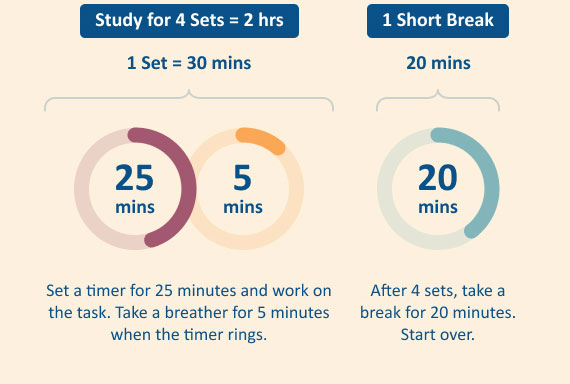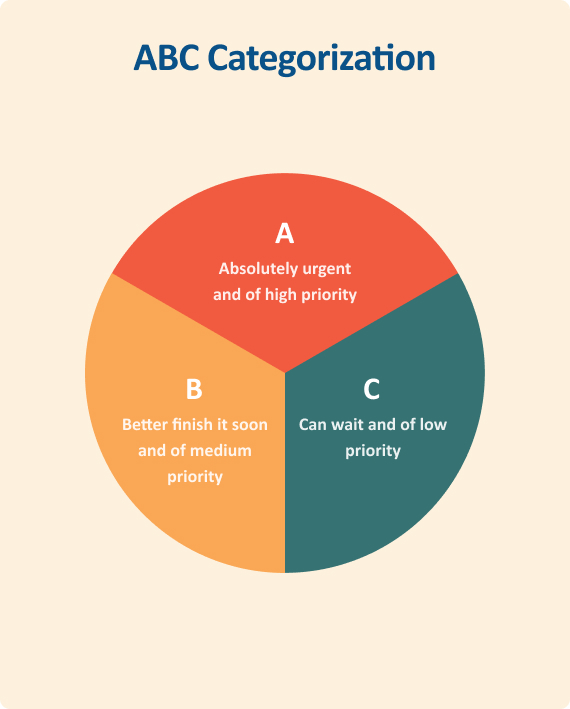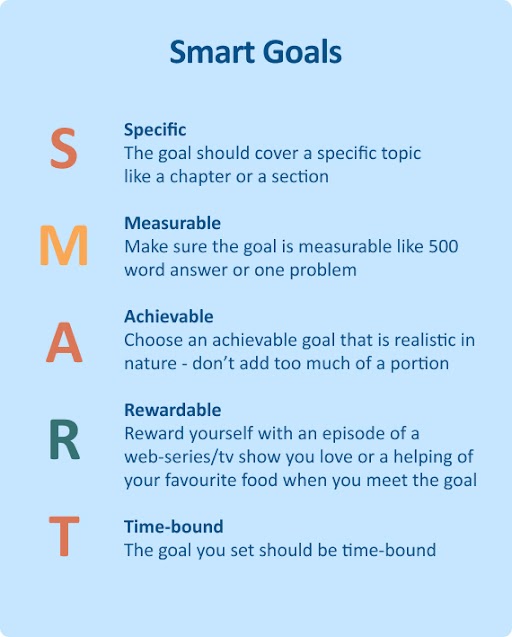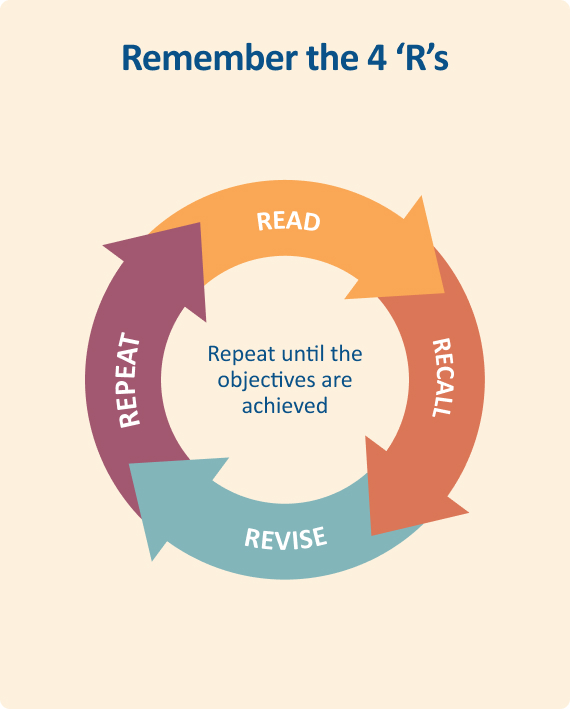Exam Anxiety
Exam anxiety is commonly experienced by many of us! The anxiety helps us be aware of how prepared we are on the subject and the topics in which we need a little more revision. But if the anxiety gets excessive, it can affect our daily life and our ability to prepare for the upcoming exam.
Symptoms of exam anxiety
What you can do
It is natural to be a little perturbed by the anxiety of giving an exam. But if you feel that the anxiety is difficult to manage or that it is interfering with your ability to study, you could be experiencing exam anxiety. Here are some things that you can do to feel less anxious and prepare for your exam.
Study management
One of the ways that you can tackle exam anxiety is to manage your study time efficiently. A technique that worked for your parents or siblings, may not work for you. Experiment with different techniques well before your exams so you can find one that is comfortable.
Remember to make your study schedule according to your energy and alertness levels. If you are a night owl, plan to study in the evening. If you prefer to study with music, make a playlist. Some people recall better when they recite it out loud, some prefer making notes. Some people even prefer to study with a friend or two. Find out what works best for you, schedule and plan accordingly.
Here are some examples of techniques that you can use to set goals and divide your time:
Time management
One of the most challenging things about studying for an exam is making sure that you are caring for yourself while doing so:
- Are you sleeping for more than six hours?
- Have you had three meals today?
- Are you taking enough breaks?
All of the above are essential things that you need to put time aside for. A full stomach and a good night’s rest are necessary for the brain to be able to retain and recall information. Taking enough breaks can ensure that you do not overload your brain with too much information or stress your body out by staying in the same positions.
Use your breaks to give your mind a break from studying—indulge in a hobby, call a friend, play a quick game or relax with an episode of a web-series/tv show.
Here is a helpful exercise to manage your time while you are studying:
Pomodoro Technique
Make a list of tasks —chapters, problems or a set number of pages of your lesson. Pick a task.

Seeking help
If you are struggling with exam anxiety, here are some things that you can do:
Talk to an older person
A parent, family member, sibling, a senior in college or even your teacher about how they dealt with exam anxiety. Even if their anxieties weren’t as severe as yours, they may be able to offer some perspective.
Find perspective on yourself
Exam anxiety can make you question your own abilities and cause feelings of inadequacy. Talk to your family, siblings or friends to get a fresh perspective on what your strengths are.
Talk to your peers
A classmate or a friend may also be going through the same thing. Talking about your anxieties will not only help you feel lighter but vocalizing and reasoning them out will also help you see the picture more clearly.
Call a helpline
Write to us at counselling@manntalks.org or reach out to a mental health professional by calling on our helpline 8686139139 between 9 AM to 8 PM , on all days of the week.
What can parents or guardians do?
As parents, you play an essential role in ensuring the mental health of your child. Here are some ways you can make sure your child does not feel distressed by exam anxiety:
Avoid placing too much emphasis on high marks
Exams and tests are for children to be able to exercise what they have learned. Placing too high an expectation can make their anxieties worse and ultimately affect their performance as well.
Avoid an ‘all work and no play’ attitude
The human brain requires periods of relaxation and sleep to be able to recall and retain information. Let your child schedule breaks into their study time to be able to give themselves a break and not be overloaded with information.
Open communication
Ask your child what they need to be able to prepare for their exams whether it is a good supply of fruits, or space to make their own timetable. Keep those lines of communication open so you can provide for what they need; and if they are feeling overwhelmed, they can talk to you about it.
Normalize feeling anxious or overwhelmed and share that you will be there to support them in any way possible. Practice deep breathing exercises with your child if you notice them getting too worried about their exams.
Take part in wind down/ calm down activities with them if you notice your child is getting too worried about the exams.


